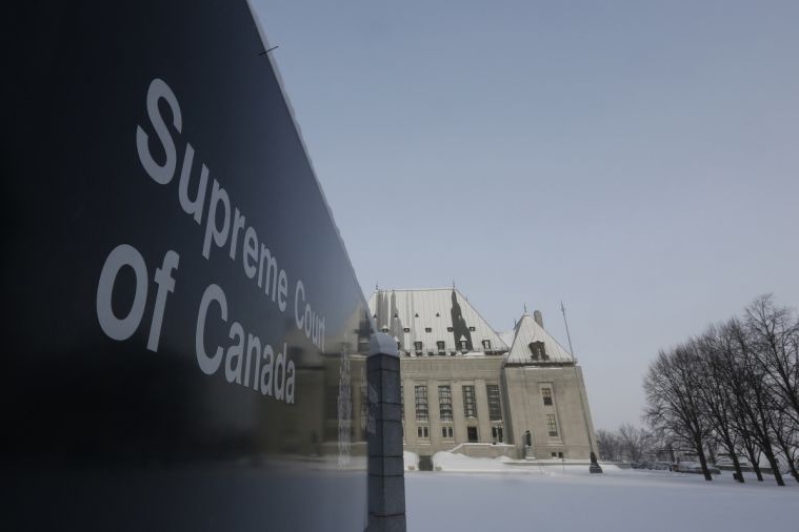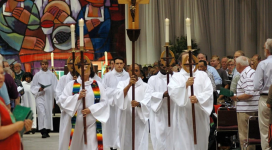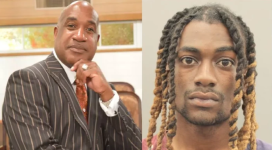
Thousands of Canadian Christian doctors may be forced to execute assisted suicide if a proposed new law passes. The Supreme Court of Canada ruled the country's prohibition on suicide assistance was a breach of an individual's Charter rights. Government representatives have until June to pass new legislation, but a Christian physicians' group is already sounding the alarm about the implications of a change in the law.
The Christian Medical and Dental Society of Canada organization represents several thousand physicians and students, and representatives of the group expressed their concern to a parliamentary committee on Wednesday, reports Christianity Today.
Canada's Supreme Court ruled in a unanimous decision, on Feb. 6, 2015, that doctor may help patients who have severe and incurable medical conditions to die, overturning a 1993 ban, as reported in BBC News.
"We do not agree with assisted suicide and euthanasia. We think implementing them in the country is not a good path to go on, it will cause great harm," Cardinal Thomas Collins, who represented the group, told Althia Raj of the Huffington Post Canada on Sirius satellite radio's 'Everything Is Political'.
"What we are particularly stressing is the need, because there are very many people in our country who have profound reasons for not being able to go down that path... that their conscience rights... be protected."
Shortly after the ruling, the College of Physicians and Surgeons of Ontario published guidance which would, according to Collins, place "great pressure" to make referrals to other doctors if they did not agree on conscience grounds.
The College's interim policy states: "Where a physician declines to provide physician-assisted death for reasons of conscience or religion, the physician must do so in a manner that respects patient dignity. Physicians must not impede access to care, even if that care conflicts with their conscience or religious beliefs."
Collins said this equated to even if a physician did not want to implement assisted dying, he or she must still make sure it took place. "Doing it and making sure it happens are morally equivalent. We think that is just not right," the cardinal said.
"We just cannot do that and stay true to our belief," said Larry Worthen, director of the society that represents approximately 5,000 medical personnel, according to Christianity Today.
"It is resulting in doctors' considering moving from the province of Ontario to try to be able to practice according to their conscience."
Although the College said physicians who objected to assisted dying are not obliged to make formal referrals, representatives also said physicians were "required to provide an effective transfer of care for their patients by advising patients that other physicians may be available to see them."
"People who are deeply involved in helping others should not be pressured into doing that [physician-assisted death] or into making it happen indirectly. It is just not right," said Collins.
"If we have a truly diverse and richly inclusive community, it is very important that people of conscience not be forced into doing things. That is not a better Canada."







